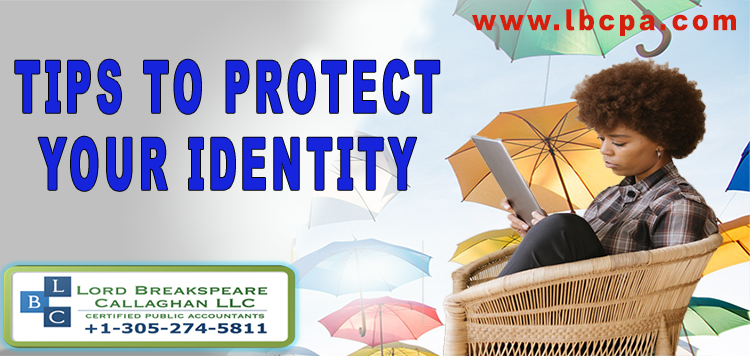LBCPA News 
Click here to go back
Using strong password is a strong defense against identity thieves

Two things taxpayers can do to prevent themselves from identity theft is to use strong passwords and keep those passwords secure.
While many people use fingerprint or facial recognition technology to protect their devices, sometimes it's still necessary to use a password. In recent years, cybersecurity experts' recommendations on what constitutes a strong password has changed. With that in mind, here are four tips for building a better password:
- Use word phrases that are easy to remember rather than random letters, characters and numbers that cannot be easily recalled.
- Use a minimum of eight characters; longer is better.
- Use a combination of letters, numbers and symbols, i.e., XYZ, 567, !@#.
- Avoid personal information or common passwords.
Writing strong passwords isn't the only way to keep data secure. Here are a few more tips for folks to remember. People should:
- Change default and temporary passwords that come with accounts or devices.
- Not reuse passwords. Rather use a completely different password for every account and device.
- Give a password a total makeover when changing it. For example, simply changing Bgood!17 to Bgood!18 is not good enough.
- Not use email addresses as usernames, if that's an option.
- Store any password list in a secure location, such as a safe or locked file cabinet.
- Not disclose passwords to anyone for any reason.
- Use a password manager program to track passwords if you have numerous accounts.
Whenever it is an option for a password-protected account, users also should opt for a multi-factor authentication process. Many email providers, financial institutions and social media sites now offer customers two-factor authentication protections.
Two-factor authentication helps by adding an extra layer of protection. Often two-factor authentication means the returning user must first enter credentials like a username and password. Then they must do another step, such as entering a security code texted to a mobile phone.
If you have any questions regarding Essential Business Accounting, Domestic Taxation, International Taxation, IRS Representation, U.S. Tax Implications of Real Estate Transactions or Financial Statements, please give us a call at 305-274-5811.
Source: IRS






